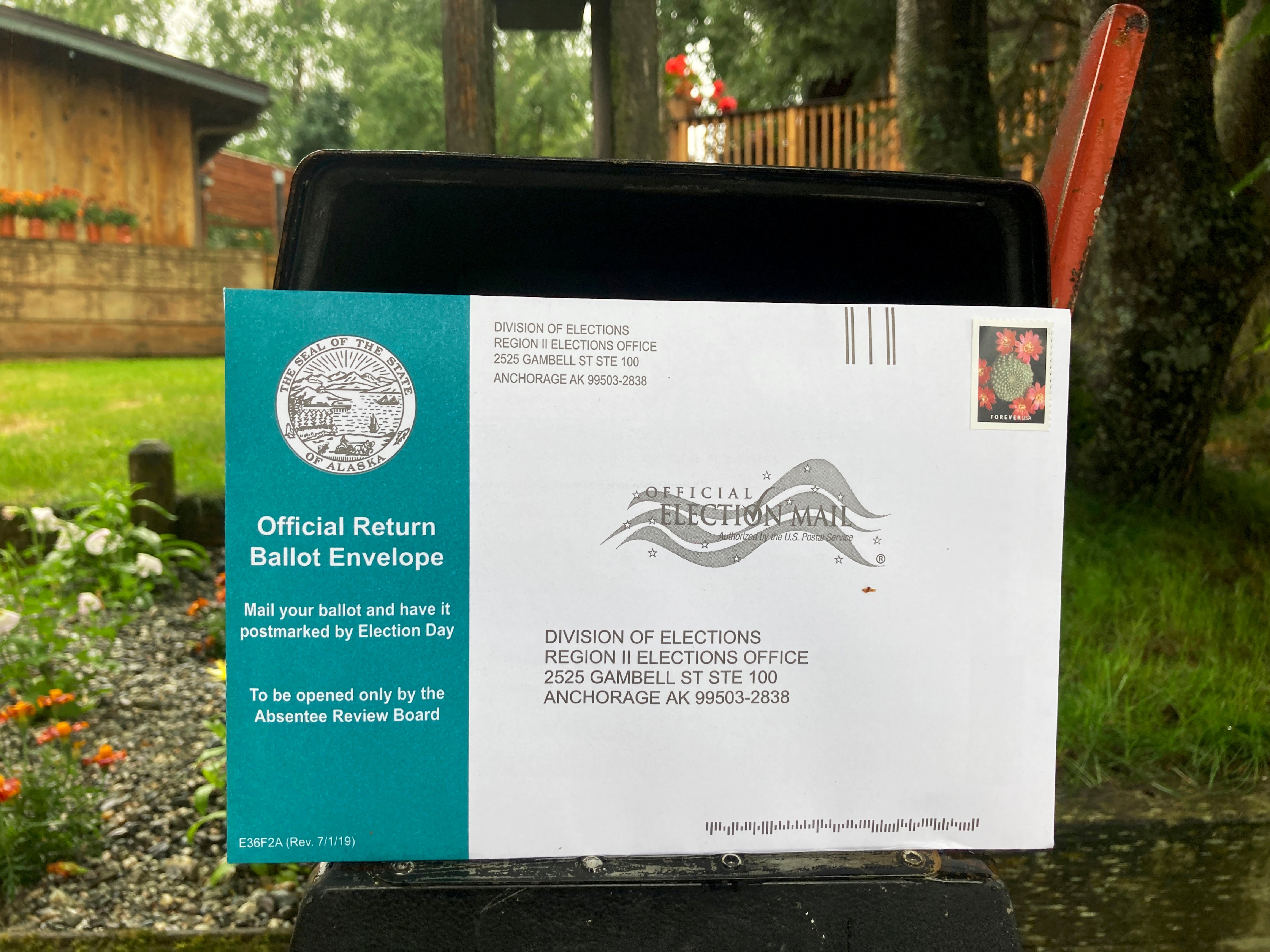Alaska did not provide accessible voting for those with disabilities, US Justice Department alleges
The U.S. Justice Department alleges that the state of Alaska has violated the Americans with Disabilities Act by not providing accessible machines for in-person voting, selecting inaccessible polling places for elections and maintaining an inaccessible elections website

The state of Alaska has violated the Americans with Disabilities Act by not providing accessible machines for in-person voting, the U.S. Department of Justice said Tuesday. The state was also faulted for selecting inaccessible polling places and operating a state elections website that can't be accessed by everyone.
The department informed Carol Beecher, Alaska’s election chief, in a letter dated Monday that the state “must, at a minimum, implement remedial measures to bring its voting services, programs and activities into compliance.”
Beecher did not respond to emails or a phone call by The Associated Press seeking comment Tuesday.
The state has until July 1 to respond to the justice department about resolutions. Failure to reach a resolution could result in a lawsuit, the letter to Beecher said.
The federal investigation began after complaints about several voting locations during elections for regional education boards last October and for state and federal elections in August and November 2022.
For the education election, two voters complained that only paper ballots were used with no magnification device available. Another voter with disabilities that make it difficult to walk, move, write and talk struggled to complete the paperwork but received no offer of assistance, the letter said. No accessible voting machine was available.
In state and federal elections, not all early voting and Election Day sites had accessible voting machines. In some places, the machines were not working, and poll workers were not able to fix them. In one location, the voting machine was still unassembled in its shipping box.
The letter also claims that in at least one polling place, poll workers reported that they received training on the machines but still couldn’t operate them.
A voter who is blind said the audio on an accessible voting machine was not recognizable in the August 2022 primary and had to use a paper ballot. That machine, the letter alleges, still was not fixed three months later for the general election.
The investigation also found the state’s website was not usable for those with disabilities. Barriers found on the state’s online voter registration page included no headings, inoperable buttons, language assistance videos without captions and audio descriptions and graphics without associated alternative text, among other issues.
Many voting places of the 35 surveyed by Justice officials in the August 2022 primary were not accessible for several reasons, including a lack of van parking spaces, ramps without handrails and entrances that lacked level landings or were too narrow.
The state must, at a minimum, furnish an accessible voting system in all elections and at each site that conducts in-person voting, the letter says. It also must make its online election information more accessible and remedy any physical accessible deficiencies found at polling places.